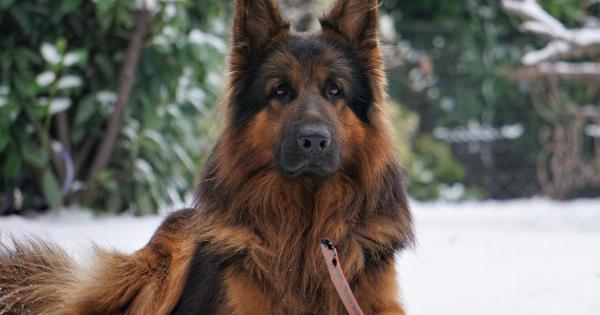Westi, also known as West Highland White Terrier, is a small dog breed that has captured the hearts of many dog enthusiasts around the world.
Despite their small stature, Westies are known for their feisty yet friendly nature, making them popular pets for families and individuals alike. This article will delve into the characteristics, history, and care requirements of Westies, highlighting why they are often referred to as “The Little Dog with a Big Heart.”.
Appearance
Westies are small, compact dogs with a sturdy build. They have a distinctive white double coat that consists of a straight outer coat and a soft undercoat. This coat not only gives them an adorable appearance but also protects them from the elements.
Their almond-shaped dark eyes express intelligence and curiosity, while their erect, pointed ears add to their alert and lively look. Westies have a black nose and a strong jaw with a scissor bite.
Temperament
One of the most endearing aspects of Westies is their loving and affectionate nature. Despite their size, they have a big heart filled with loyalty and devotion for their human companions.
They thrive on human interaction and are known for their friendly and outgoing personalities. Westies often possess a playful and adventurous spirit, making them great companions for families with children or active individuals.
History
The West Highland White Terrier breed originated in Scotland in the 19th century. They were originally bred for hunting small game, such as foxes and badgers.
These terriers were highly valued for their tenacious nature and ability to locate and chase prey. Over time, their appearance was refined to have a distinctive white coat, making them more easily distinguishable in the field.
Their popularity grew not only as working dogs but also as loyal companions, leading to their recognition as a distinct breed.
Training and Exercise
Westies are intelligent and eager to please, making them relatively easy to train. However, they do have a strong independent streak, which can sometimes challenge their owner’s patience.
Early socialization and consistent positive reinforcement training methods are crucial for raising a well-behaved Westie. They are active dogs and require regular exercise to keep them physically and mentally stimulated. Daily walks, playtime, and interactive toys are important for their overall well-being.
Grooming
The West Highland White Terrier’s distinctive white coat requires regular care to keep it clean and healthy. Their double coat sheds minimally but can become tangled, so regular brushing is necessary to prevent matting.
A professional grooming session every six to eight weeks helps maintain their coat’s texture and appearance. Westies should be bathed when needed to keep their coat free from dirt and odors. Additionally, their ears should be regularly checked and cleaned to avoid any wax buildup or infections.
Health
Like any dog breed, Westies are prone to certain health issues. One of the most common health concerns in Westies is skin allergies and sensitivities, which can cause itchiness and hair loss.
Regular vet check-ups and a balanced diet can help manage and prevent these issues. Westies may also be prone to genetic conditions such as hip dysplasia, patellar luxation, and progressive retinal atrophy. Responsible breeders screen their breeding dogs for these conditions to reduce the risk of them being passed on to offspring.
Living with a Westie
Westies make wonderful companions for various living situations. Their adaptability and small size make them suitable for apartment living, as long as they receive their daily exercise needs.
However, it is important to note that Westies have a tendency to bark, so early training can help manage excessive barking behaviors. They enjoy human company and may suffer from separation anxiety if left alone for extended periods. Providing them with interactive toys, a comfortable crate, and a consistent routine can help alleviate this issue.
Companionship and Family
Westies thrive on companionship and are generally excellent family pets. They are known for their patience and tolerance, making them suitable companions for children.
However, no dog should be left unsupervised with young children, and early socialization is important to ensure they can interact safely and happily with family members of all ages. Westies are adaptable and can live harmoniously with other pets, although introductions and proper training are necessary for a peaceful coexistence.
Conclusion
Westies, the little dogs with big hearts, have won the love and adoration of countless dog lovers worldwide. Their feisty yet friendly nature, combined with their adorable appearance, makes them endearing companions for individuals and families alike.
Their loyalty, affection, and playful personality make them a joy to have around. However, before bringing a Westie into your life, it is essential to understand their needs and provide them with the care, training, and love they require.
With the right environment and care, a Westie can fill your life with immense love and happiness for many years to come.






























